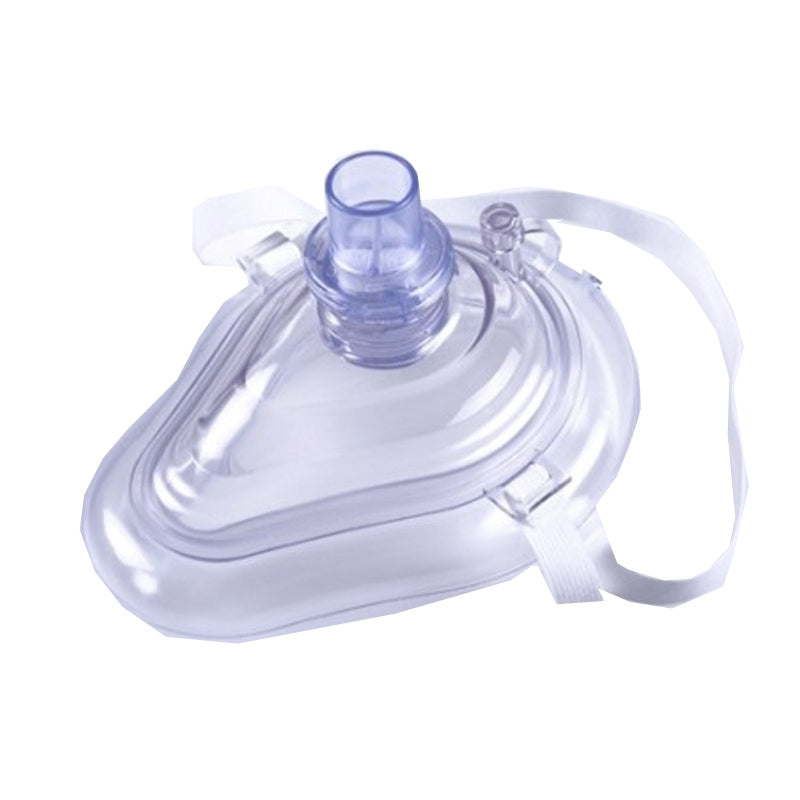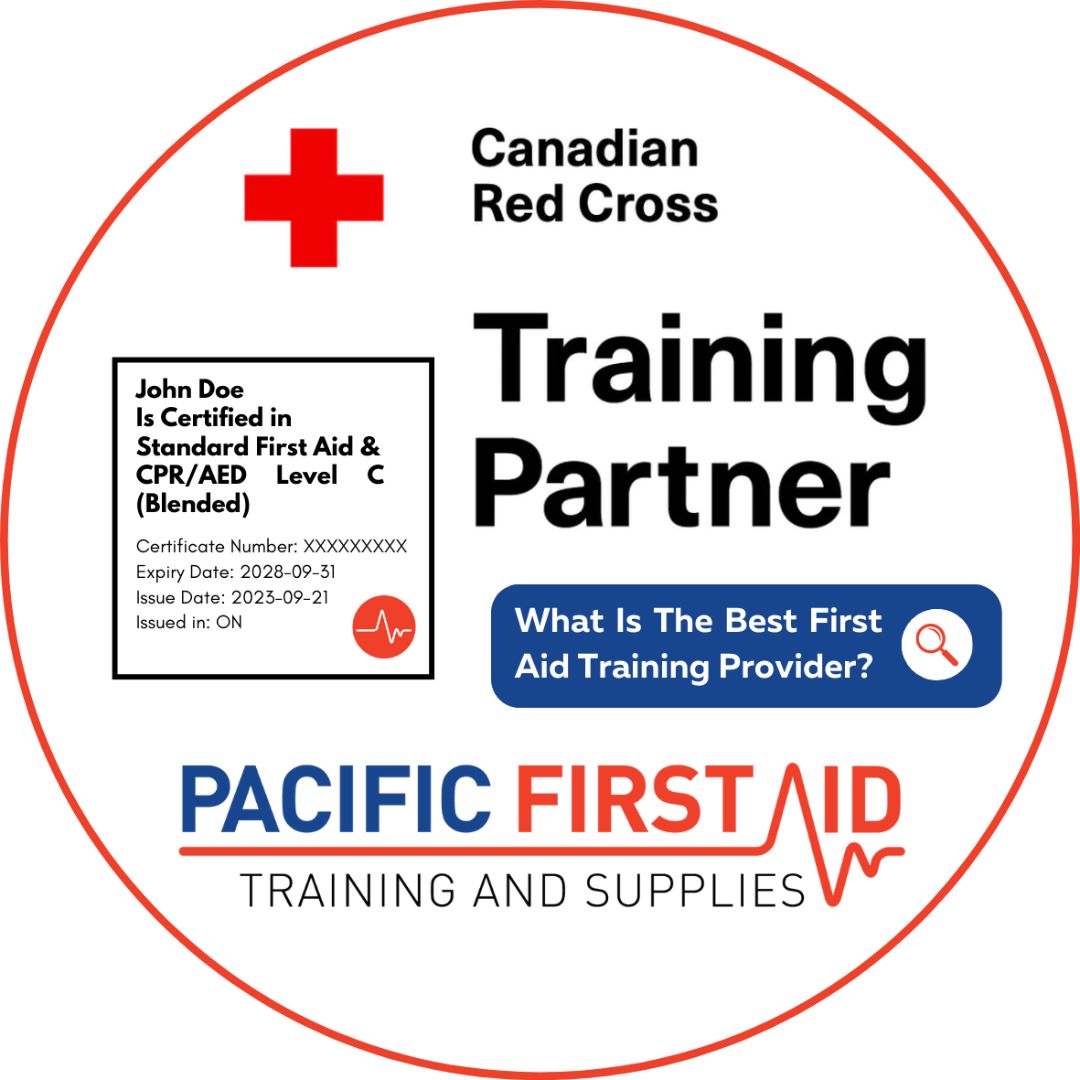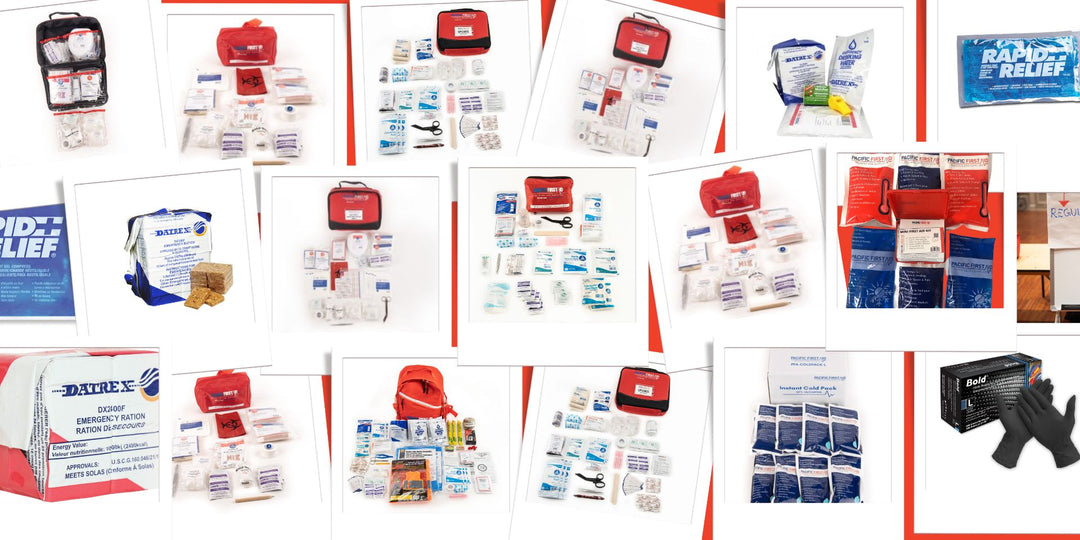
Surviving Spring Allergies
Spring is here! And with the warmer weather, comes new blossoms and spring allergies. During this period, large amounts of pollen spread across cities can cause uncomfortable reactions for a lot of people. Allergy symptoms can range from mild to severe, depending on the person. Some include:
• Sneezing
• Congestion
• Itchy throat and eyes
• Mucus buildup
• Runny nose
• Sore throat
If you’re looking for an easy hack, you can keep a first aid kit in your home and create your own allergy kit for when you have flare-ups. If you are one of those people who suffer from spring allergies, here are a few ways to keep them at bay.
Keep your windows closed
Pollen, the fine microscopic grains that come off flowers and trees in the springtime, is one of the main culprits of allergies. Although many of us want to soak in the spring air and have our windows open, if you’re sensitive to pollen, avoid opening your windows. If pollen enters your home, it can stick to your floors, furniture and clothes, making it even harder to remove.
Stay indoors on dry windy days
On days when the wind picks up and the air is dry, this can cause the strongest allergic reactions for some people. Staying indoors on those days is the best thing you can do to avoid flare-ups. The best time to go outside is after it rains as the damp weather keeps the pollen on the ground.
Wash away pollen and allergens before bed
One of the best things you can do is take a shower and remove as much pollen as possible before you jump into bed. Throughout the day, your skin and hair become an easy target for pollen to latch onto. This same practice can be applied to your clothes as well.
Spring cleaning
Over time, people can accumulate a lot of extra stuff around the house. This can lead to a larger collection of dust particles and allergens around the house. Every year, it’s a great idea to do a deep cleaning of your space and donate or sell off items you no longer use or need. Not only does this help reduce dust, germs and pollen around the house, but it also gives you mental clarity. Start the spring season on a fresh note with a clean home and headspace.
Talk to your doctor about medication
If your allergic reactions are extra strong and unbearable, then speak to your doctor and ask for a referral to an allergist. Treatment and medication for seasonal allergies can range from over-the-counter meds, including antihistamines, to immunotherapy. Depending on the severity of your allergies, your doctor can recommend an allergy specialist. From there, they can identify what specifically is causing your allergic reactions and recommend the best ways to treat them going forward. If you are someone that reacts every year to allergens, you can keep a mini first aid kit in your home with all the necessary antihistamines you need.






